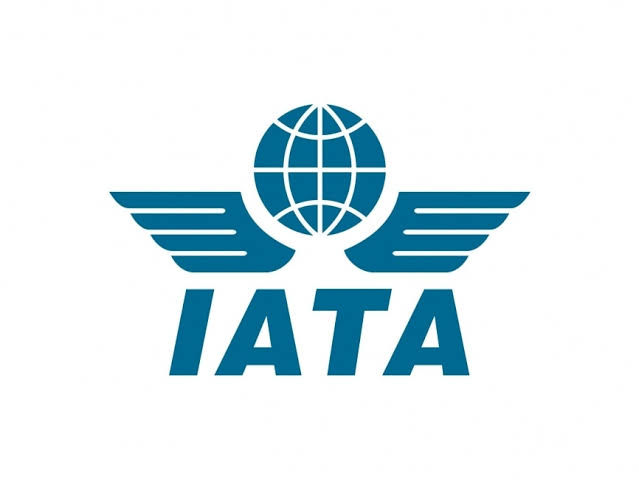The International Air Transport Association (IATA) expects that African carriers will achieve $0.2 billion profit in 2025 with a net $1.00 profit per passenger.
While the global picture is one of strengthened profitability and a 3.6 per cent net profit margin, the picture in Africa reflects the current environment of sustained demand against high operational costs – including many statutory taxes and charges on air transport – , relatively weak economies and low foreign exchange reserves.
IATA, in its global outlook performance for the continent’s airlines, made available to New Telegraph, says Africa’s carriers face high operational costs and a low propensity for air travel expenditure in many of their home markets.
It added that a significant issue was a shortage of US dollars in some economies which, along with infrastructure and connectivity challenges hinder the airline industry’s expansion and performance.
Despite these obstacles, there is sustained demand for air travel, which is expected to improve the region’s profitability marginally in 2025.
While virtually all African airlines are in the red with the exception of Ethiopian Airlines, Kenya Airways, EgyptAir, Air Maroc and South African Airlines, global airline revenue is expected to hit $1 trillion in the new year representing an increase of 4.4 per cent from 2024.
This is the first time, according to IATA, that the industry revenues top the $1 trillion mark, while expenses are expected to grow by 4.0% to $940 billion.
According to a paper presented by the IATA Director General, Willie Walsh, to mark the 2024 Global Media Day in Geneva, Switzerland, the global airlines industry’s net profits in 2025 are expected to be $36.6 billion, with a 3.6 per cent net profit margin.
Passenger numbers are expected to reach 5.2 billion in 2025, a 6.7 per cent rise compared to 2024 and the first time that the number of passengers has exceeded the five billion mark.
Cargo volumes are expected to reach 72.5 million tonnes, a 5.8 per cent increase from 2024. “In 2025, industry revenues will exceed $1 trillion for the first time. It’s also important to put that into perspective.
A trillion dollars is a lot, almost one per cent of the global economy. That makes airlines a strategically important industry. But remember that airlines carry $940 billion in costs, not to mention interest and taxes.
They retain a net profit margin of just 3.6 per cent. “Put another way, the buffer between profit and loss, even in the good year that we are expecting in 2025, is just $7 per passenger.
With margins that thin, airlines must continue to watch every cost and insist on similar efficiency across the supply chain, especially from our monopoly infrastructure suppliers who often let us down on performance and efficiency,” said Walsh.
In his remarks, the IATA DG declared: “We’re expecting airlines to deliver a global profit of $36.6 billion in 2025. This will be hard-earned as airlines take advantage of lower oil prices.
while keeping load factors above 83 per cent, tightly controlling costs, investing in decarbonisation, and managing the return to more normal growth levels following the extraordinary pandemic recovery.
“All these efforts will help to mitigate several drags on profitability which are outside of airlines’ control, namely persistent supply chain challenges, infrastructure deficiencies, onerous regulation, and a rising tax burden”.
He explained that for the first time, traveller numbers would exceed five billion and the number of flights would reach 40 million, adding that this growth meant that aviation connectivity would be creating and supporting jobs across the global economy.
He further stated that the most obvious were the hospitality and retail sectors, which will gear up to meet the needs of a growing number of customers.
“But almost every business benefits from the connectivity that air transport provides, making it easier to meet customers, receive supplies, or transport products.
On top of this, growth in aviation also contributes to achieving almost all the UN’s Sustainable Development Goals (SDGs),” said Walsh.
Highlighting the broad benefits of growing connectivity, IATA said the most recent estimates showed that airline em – ployment is expected to grow to 3.3 million in 2025.








